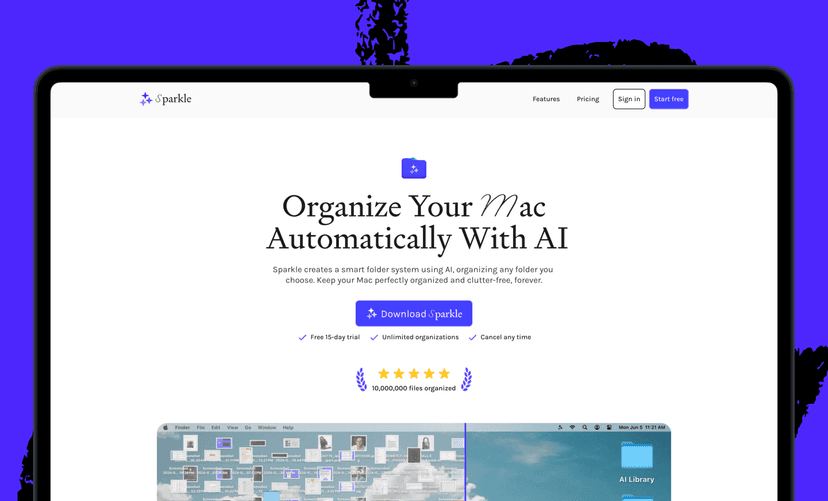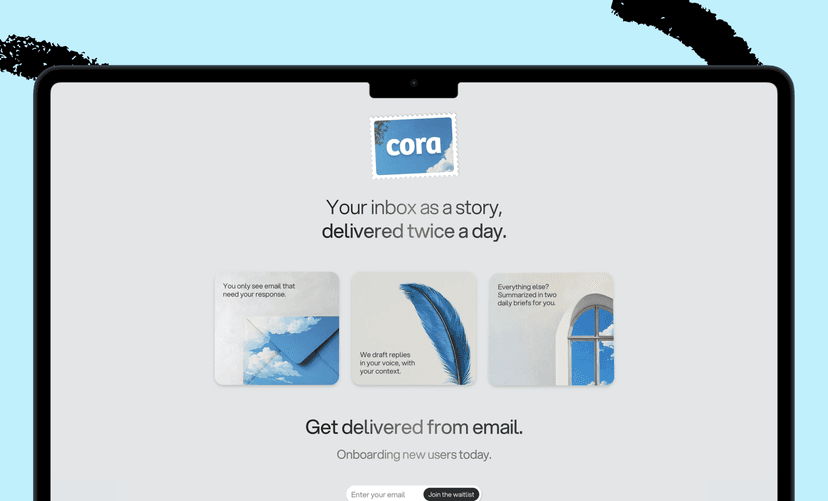When I first began working on startups, I approached them with the mindset of an engineer. My instinct was to get things right, to make things neat, to perfect the foundation before moving forward. That mindset works well when you are writing code, designing systems, or solving problems in a technical environment. Precision matters in engineering. But I’ve learned over time that startups operate on a completely different set of rules. They don’t reward neatness. They don’t reward perfection. They reward speed, momentum, and adaptability.
The truth is that everything you think is “right” in the early days almost always changes. The features you are certain users will love turn out to be irrelevant. The problems you think are critical turn out to be minor. Even the things you spend weeks perfecting often end up discarded, rewritten, or reimagined within months. The startup journey is fluid, and it constantly shifts under your feet. That’s why perfection can actually be a trap. You can pour endless hours into polishing something only to discover it wasn’t the thing that mattered.
What I’ve learned is that startups are about getting things out into the world quickly. Build and release fast. It sounds simple, almost obvious, but for someone trained to prioritize correctness it’s a difficult habit to unlearn. You have to lower the bar you set for yourself. You have to resist the urge to build a clean, complete, elegant system before you launch. Instead, you focus on the core—the one thing that delivers value—and ship it. The mess can come later. Progress is what counts. Startups die chasing perfection, but they survive and grow by moving quickly, by putting something real in people’s hands, and by learning from what happens next.
From a technical perspective, this shift is uncomfortable but necessary. It’s about releasing imperfect things and trusting that iteration will carry you forward. It’s about being okay with the fact that your assumptions will be wrong and your architecture will change. The test of a startup isn’t whether the product is flawless—it’s whether anyone actually wants it. And you can only discover that by releasing, not by endlessly refining.
But there’s another side to this lesson, one that has been even more important for me to understand: the business side of startups is fundamentally about people. Talking to people, building a network, finding allies—this is what really moves things forward. Too often, engineers and product-focused founders try to build in isolation, believing that a great product will naturally find its way into the world. It rarely works like that. Especially if you are looking to raise money or gain early traction, you need to be around the people who can make things happen.
The most valuable insights I’ve gained have come from conversations, not from code. By talking to customers, potential partners, and other founders, I’ve been able to uncover what actually matters, what doesn’t, and where the opportunities are. And when it comes to growth and fundraising, networks matter even more. Startups thrive when founders put themselves in the right rooms, when they find people who believe in their mission, and when they cultivate relationships that open doors. The product might be good, but without the right people to amplify it, it struggles to take off.
That lesson extends to building a team as well. The most important thing isn’t hiring perfect people—it’s hiring people who can get things done. Startups are not built by flawless strategists or perfectionists who overthink every decision. They’re built by resourceful doers who can adapt quickly, take risks, and make progress even in messy conditions. As cliché as it sounds, you want people who can “move fast and break things.” Because in a startup, action creates momentum, and momentum is what keeps the company alive.
Looking back, the pattern is clear. Startups succeed when they focus on speed and adaptability. They succeed when founders let go of the illusion of perfection and instead prioritize learning through action. They succeed when they are connected to the right people, building networks that amplify their reach and open doors that would otherwise stay closed. And they succeed when they surround themselves with teams who are capable of execution, not endless debate.
Startups fail, on the other hand, when they slow down. They fail when they obsess over details that don’t matter. They fail when they chase polish at the expense of progress, or when they avoid conversations that could open opportunities. Perfection kills. Momentum saves.
If there is one overarching lesson I’ve learned, it’s this: startups are not about perfect—they are about momentum. The companies that survive are not necessarily the ones with the cleanest code or the most refined design. They are the ones that launch early, learn quickly, adapt constantly, and build the networks that keep them moving. The ones that succeed are not the ones who waited until they were ready—they are the ones who moved before they were.









.png)
